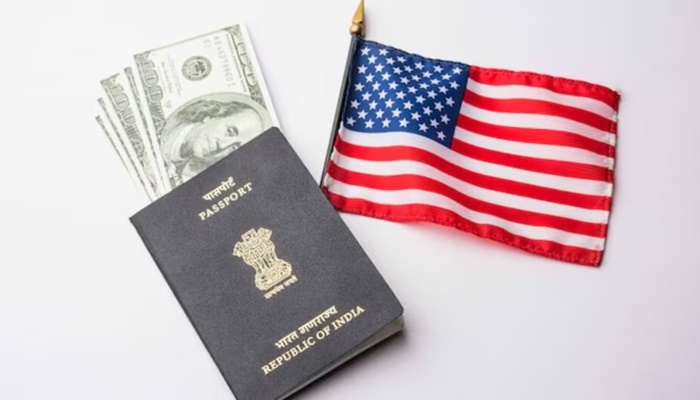A new Republican tax proposal has sparked alarm among Non-Resident Indians (NRIs) in the United States. Introduced on May 12, 2025, the bill includes a contentious clause: a 5% tax on international money transfers made by non-citizens. For the millions of NRIs who routinely send funds to their families in India, this marks a sudden and sharp reversal in US tax policy.
The bill forms part of a broader effort to make the 2017 Tax Cuts and Jobs Act permanent. It also seeks to raise the standard deduction and extend the child tax credit to $2,500 until 2028. Backed by President Donald Trump — now in his second term — the legislation has been praised as “GREAT,” with the President urging Republicans to pass it swiftly.
Central to its funding strategy is the remittance tax, expected to generate billions for tax relief extensions and border security projects. But that revenue would come directly out of the pockets of immigrants. Until now, such transfers were untaxed.
India, which receives an estimated $83 billion in remittances annually — much of it from the US — would feel the brunt. Under the new policy, ₹5,000 would be shaved off every ₹1 lakh sent back home. That deduction hits at the heart of day-to-day financial commitments, from family care and education to real estate investments.
The House aims to pass the bill by Memorial Day, May 26, with a Senate vote expected soon after. If approved, the tax could be in place by July 4, with banks and transfer services collecting the levy at the source — regardless of the transfer’s size or purpose.
This leaves NRIs with little room to maneuver. Whether using traditional banks or NRE/NRO accounts, the 5% fee applies across the board. Sending money home will now mean accepting a built-in cost.
The backlash online has been swift. A Reddit user fumed: “Are the US lawful temporary residents also subjected to this 5% robbery? Or only undocumented, illegal immigrants? … This is really a NEW form of stealing people’s hard-earned money … by a rapacious, unaccountable US government!”
Another commented, “People with legal status are not impacted by this. So H1, F1 etc don’t have to worry about this. As long as you can prove legal status to the remittance service provider you should be fine.”
One user added, “Yup, this will mostly impact the entire NRI community… And at the same time, adding the 5% tax as a tax credit will also discourage US citizens to send money abroad, or spend it abroad.”




















